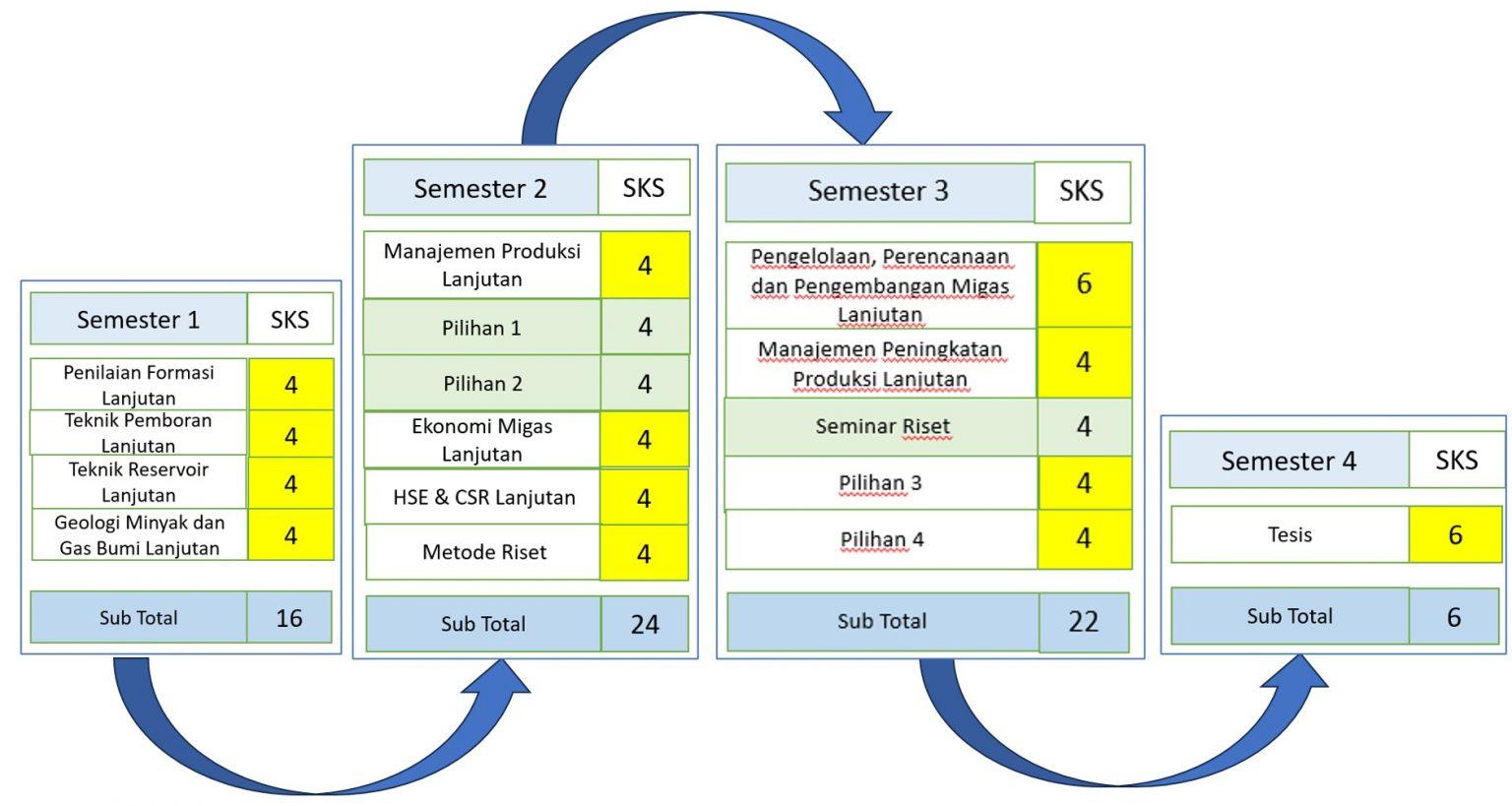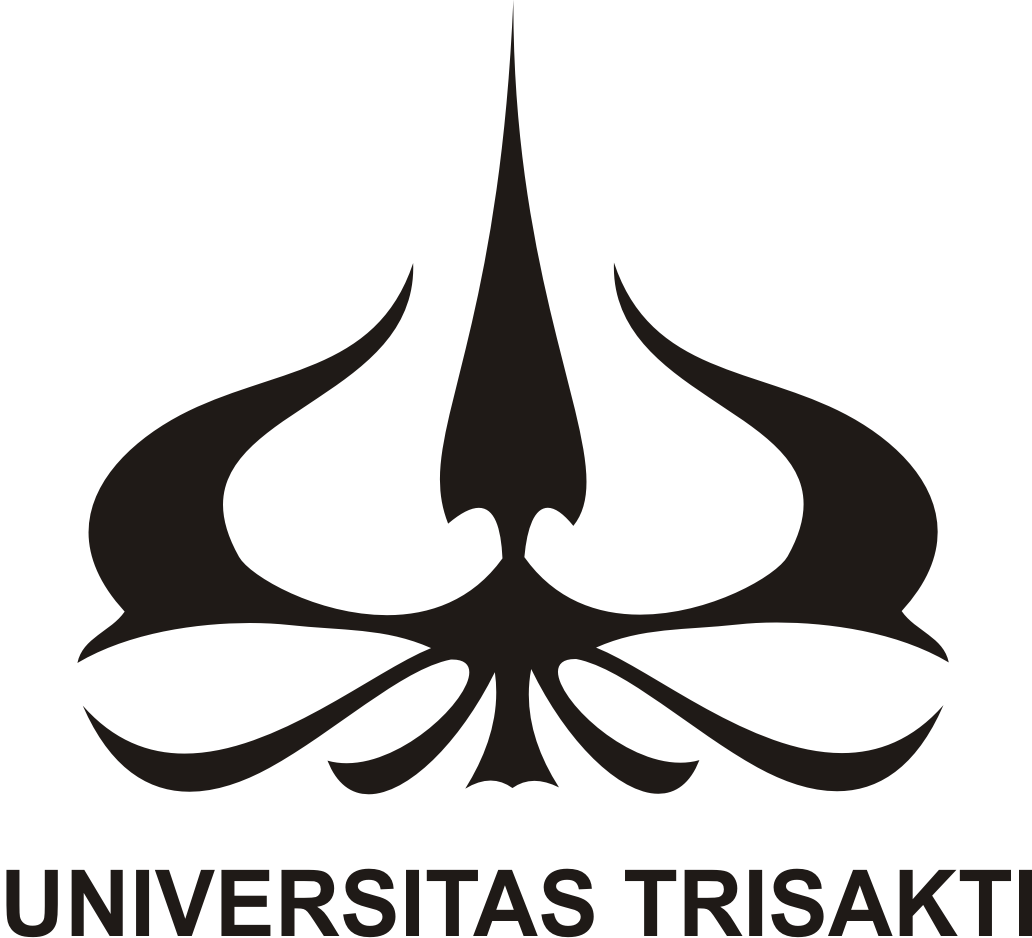The education system used by all Departments/Study Programs within Trisakti University is the Semester Credit System (SKS), which can be defined as an education system that uses semester credit units (SKS) to express student study load, student learning experience, lecturer workload and program implementation load.
A semester is a continuous period of time during which students study with a predetermined credit load at the beginning of the semester. Each semester includes a schedule of academic activities lasting 14 to 16 weeks. In addition to lectures and practical work, other academic support activities, including assessment and evaluation of learning outcomes, are conducted during this period.
The learning outcomes in the Petroleum Engineering Masters Study Program are as follows:
| CPL |
Description |
| CPL-1 |
Knowledge Learning Outcomes
- Mastering the theory of engineering science, design engineering, the latest methods and techniques in the field of Reservoirs, including Geothermal, Enhanced Oil Recovery and Improved Oil Recovery which are required for analysis and design of field management.
- Mastering the theory of engineering science, design engineering, the latest methods and techniques in the field of oil and gas production and processing.
- Mastering engineering science theory, design engineering, the latest methods and techniques in the field of Drilling and Formation.
- Mastering the latest theories, methods and knowledge in the fields of economics and the environment that are needed for decision making with attention to occupational safety and environmental sustainability.
|
| CPL-2 |
General Skills Learning Outcomes
- Able to present scientifically accountable arguments based on academic ethics in a work team or research team to solve problems in the fields of Petroleum, Geothermal, Non-Conventional Energy or Renewable Energy.
- Able to develop logical, critical, systematic and innovative thinking and maintain collaborative networks with colleagues and peers within national or international institutions and communities.
|
| CPL-3 |
Specific Learning Outcomes
- Able to identify, manage, and carry out research according to the research map in the field of Petroleum and Renewable Energy based on scientific principles, the results of which are in the form of theses and publications in accredited scientific journals.
- Able to conduct in-depth or broaden applied science and adapt changes to provide original and proven contributions by conducting research independently.
- Able to formulate new ideas from the results of research carried out for technology development.
|
| CPL-4 |
Attitude Learning Outcomes
- Able to demonstrate religious attitudes based on religion, morals and ethics.
- Acting as a proud citizen who loves his country, has nationalism and a sense of responsibility towards the country and nation.
|
Diagram Alir Peta Kurikulum Operasional MTP





